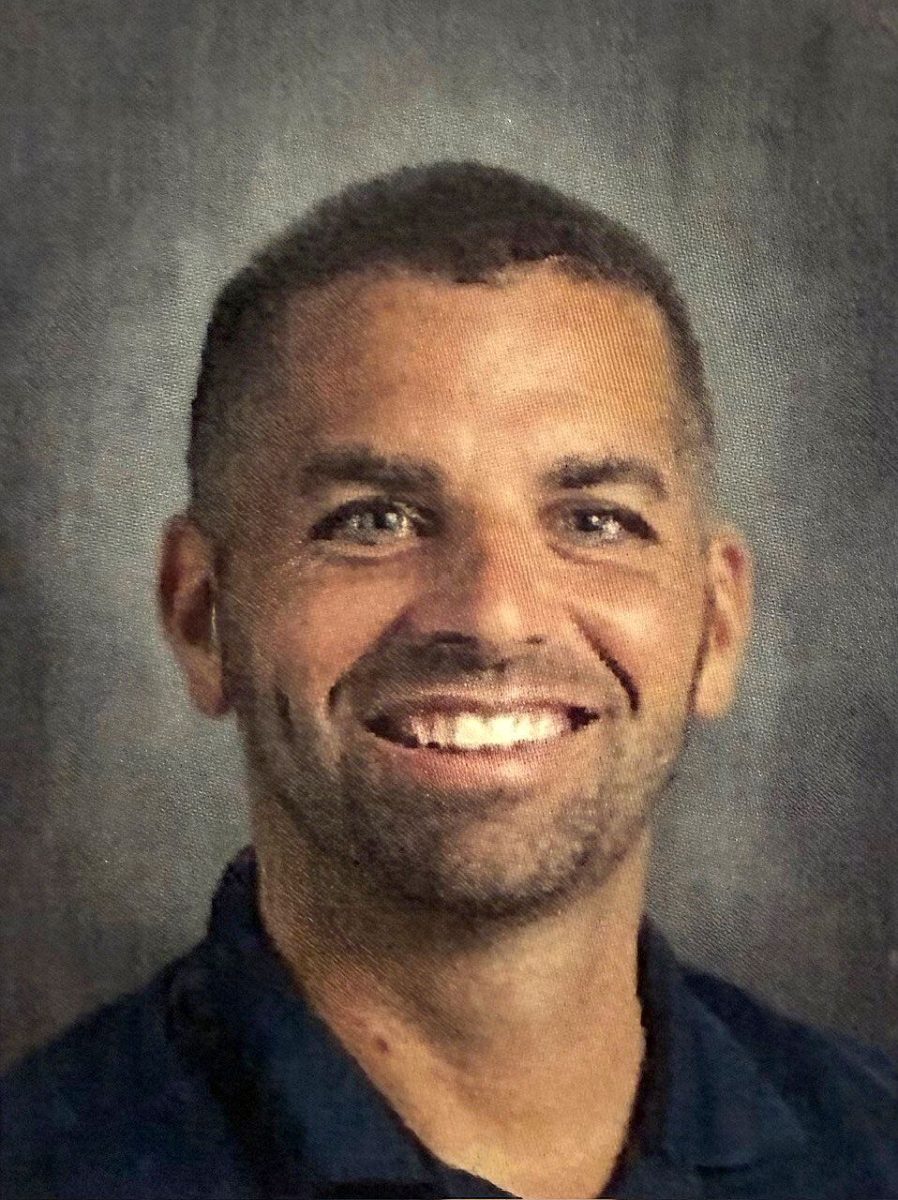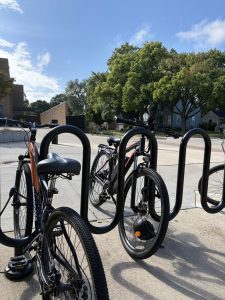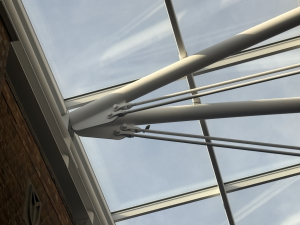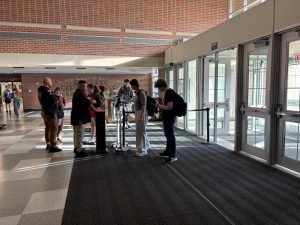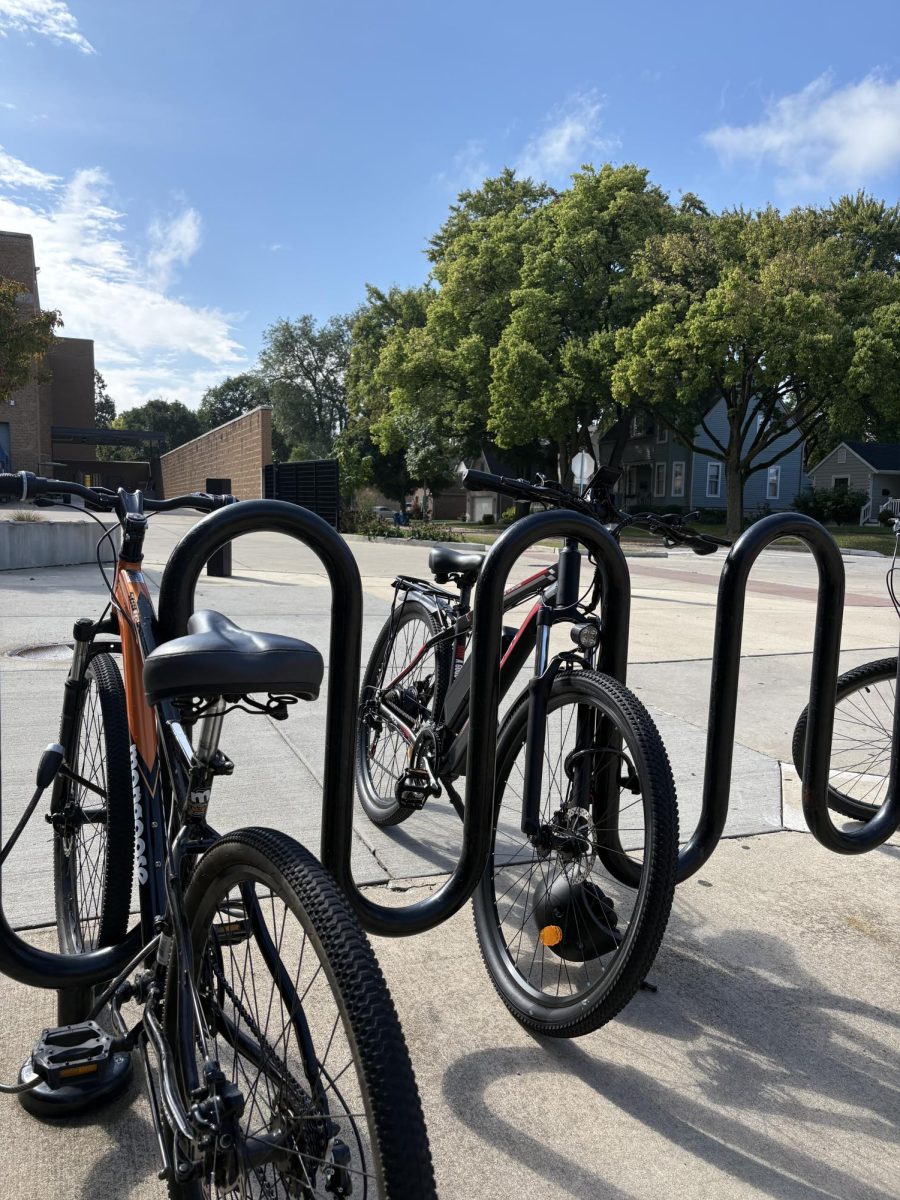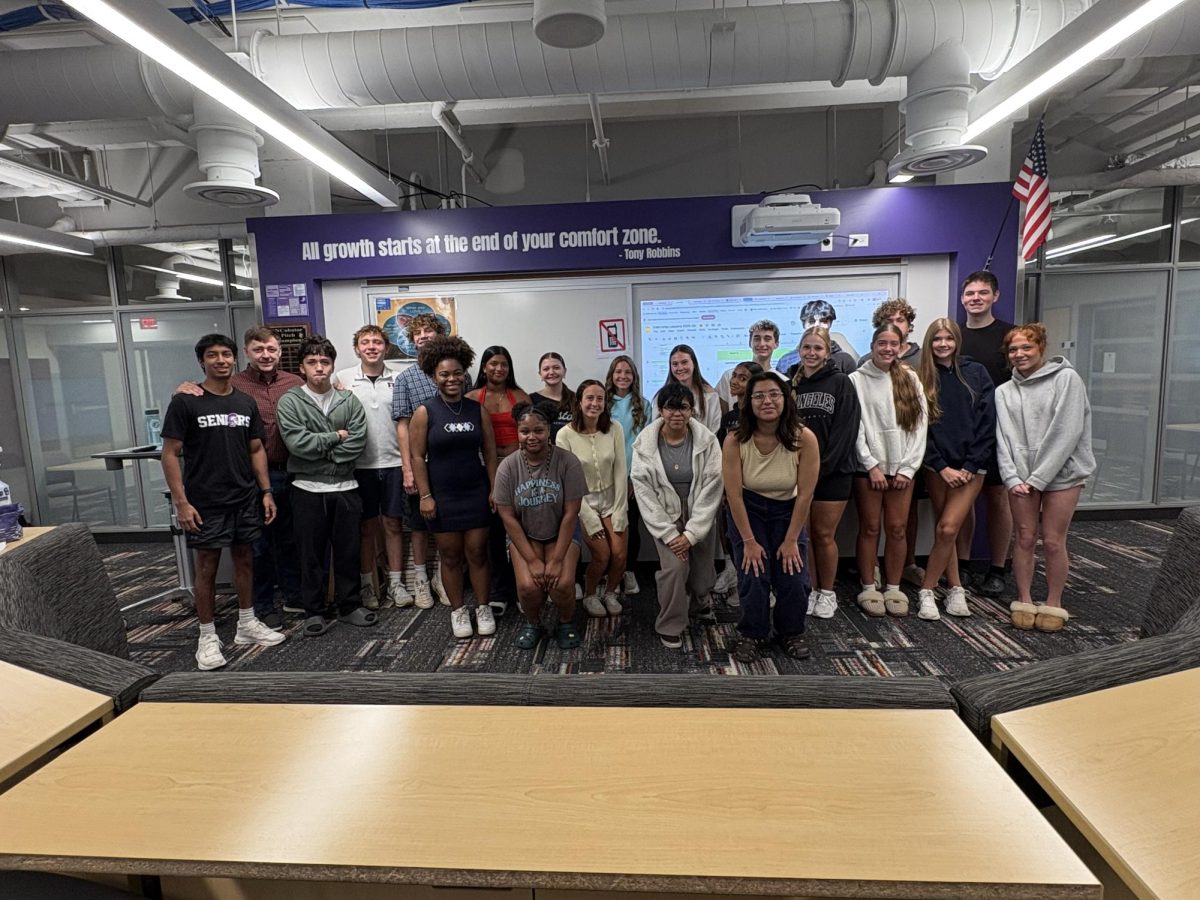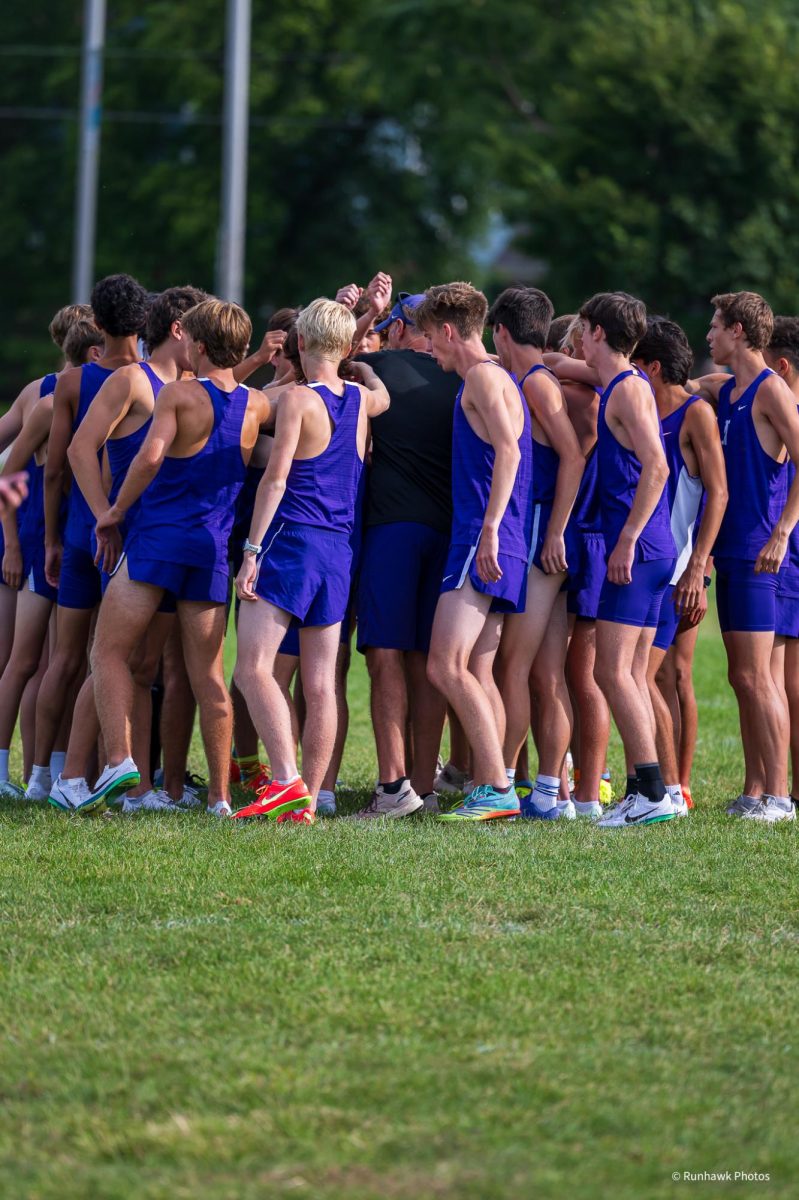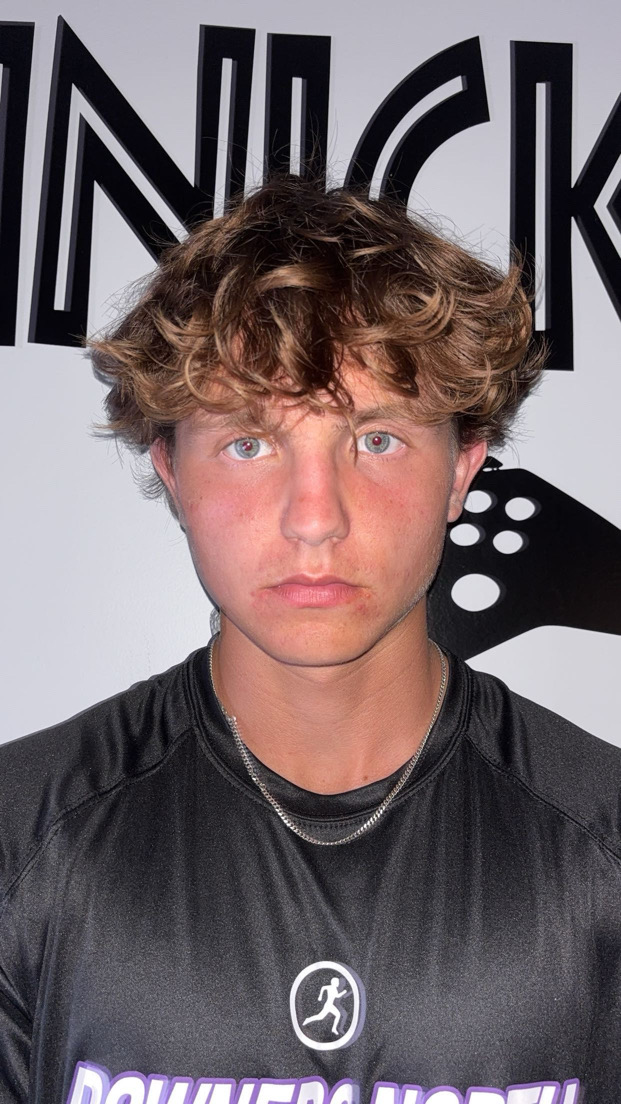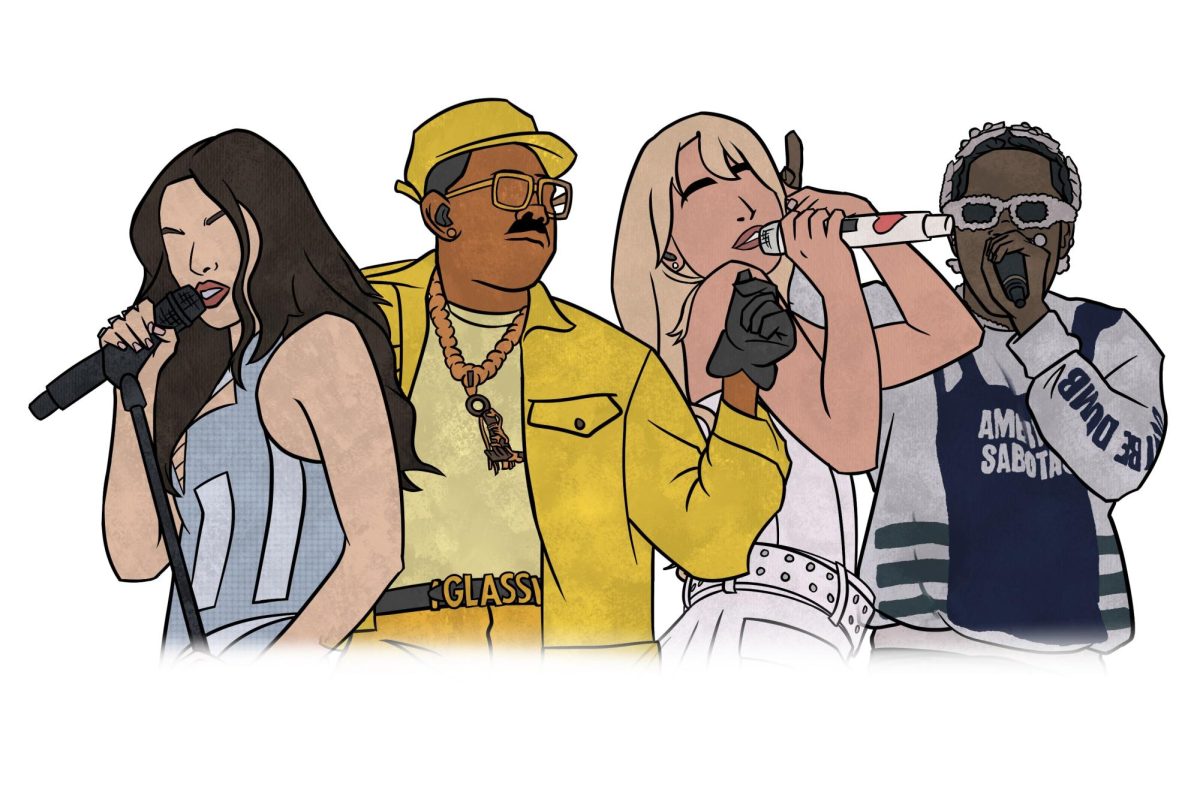Ukraine: Feeling the impact a year after war begins
March 1, 2023
For the past 9 years Ukraine and Russia have been arguing over land and other political subjects. Feb. 24, 2022, an average day in Ukraine turns into a day no one will forget. Putin demands the military to send missiles and artillery attacks, striking all major Ukrainian cities. Almost 6,000 Ukraine civilians died and 8,000 severely injured.
People used to post all over social media trying to spread awareness about the war. Money was being raised everywhere and care packages were regularly being sent to Ukraine. Ukrainian flags were being flown and people were protesting Russia. Almost every publication had news weekly about what was happening in Ukraine.
But then when things slowed down, the war became non-exist. People stopped posting, less flags were up, publications wrote less about the war. The worry stopped in America. But the war did not. People in Ukraine are still fleeing the country and fighting for their land. The country is being attacked and their people are still dying. Just because the war is not on American territory, does not mean it is not happening.
The United States has accepted 1,610 Ukraine refugees in the past year.
Illia Ishchenko moved here from Bobrinets, Ukraine. The town he lived in was very safe and he did not experience the violence. However, he was still able to hear and see the fighting occuring. Due to this his family decided to move.
“When the invasion started, it was Thursday. I remember this for sure, because when I woke up, I was supposed to get ready for school, but my mom told me that war had started. I was stunned, I had nothing to say, I just realized this whole situation was becoming real and hoping that I was dreaming or something like that. I was really scared for a moment, but after a couple of days I was okay. We were able to come out of hiding in the basement. If needed, I was prepared for any kind of accident, so I was nervous but used to it,” Ischenko said.
The hardest part for the students was homesickness. When they finally arrived in the US and met with family and friends they felt finally at peace. They knew they would not ever be able to move back fully, so trying to fit in the new norm of America was an uphill battle. No more talking to their friends, a new culture to fit into, and the uncertainty of what will happen to their homes.
“When we moved to the US I felt different because it is another level of living. There are a lot of differences compared to Ukraine and Europe in general. First of all, it’s roads. I guess, you have to travel by car a lot, but going by your own legs It’s not practical at all. People here are pretty open, more open to conversations or interactions than in Ukraine. It’s not bad but different,” Ischenko said.
Sometimes people fail to realize that America is not the only country in the world. They do not understand how lucky it is to be free each day and life without a fear of where the next bomb might hit. If one is of the age they can drink and smoke, others are able to speak out against the government, it is okay to be part of LGBTQ+. All of these things are forbidden, even illegal in Ukraine.
Anastasiia Ponomarova came to the United States in the beginning of the school year.
“I lived in Kyiv, in the early days of war russian tanks drove around the city, then they were beaten off. Also rockets and drones were constantly launched into Kyiv. The first time I was told about it was when it was five in the morning, my mother woke me up and said that the war had begun. I was scared, I heard explosions and saw planes were flying, time went by very slowly,” sophomore Anastasiia Ponomarova said
These students go through the obstacles of life plus worrying about their family and friends safety back at home. Some of the students’ friends are preparing to fight in the war and even some of their family members are currently fighting.
“All my family and friends stayed in Ukraine, except for my mother and sister. We communicate with everyone on a regular basis. Since the beginning of the war, everyone has become very close,” Ponomarova said.
When a new student comes to DGN, the staff and students make sure they are supported fully. Any new student that is from another country and speaks another language they get put into an English Learners program.
“EL classes give the students extra academic and language support. We try to pair them up with other ELL students during lunch periods so they don’t eat alone. We have the EL Aide go to classes with them and take notes to make the transition easier,” ESL teacher Anne Herrmann said.
The US government has donated approximately 25 billion dollars in military and security funds. They have also sent over military and communication materials. America can not send their troops to Ukraine because the country is not part of NATO. However, NATO has been helping as much as they can.
“The best way to end this war is to strengthen the Ukrainians on the battlefield further so they can, at some stage, sit down and reach a solution which is acceptable for Ukraine and that preserves Ukraine as a sovereign, independent nation in Europe,” NATO Secretary General Jens Stoltenberg said.
The war is not ending anytime soon. As Americans, support for Ukraine is still needed. Small things like donating money for a Ukrainian bracelet that is sold in the Student Activities office or keeping up with the news and what is going on in Ukraine can make a difference. On a large scale, consider hosting Ukrainian refugees or send humanitarian supplies.
There is still a lot Americans can do. Do not give up. The war is not over. People’s homes are being destroyed. Lives are being taken. Ukraine is still invaded. Give support to Ukraine.




